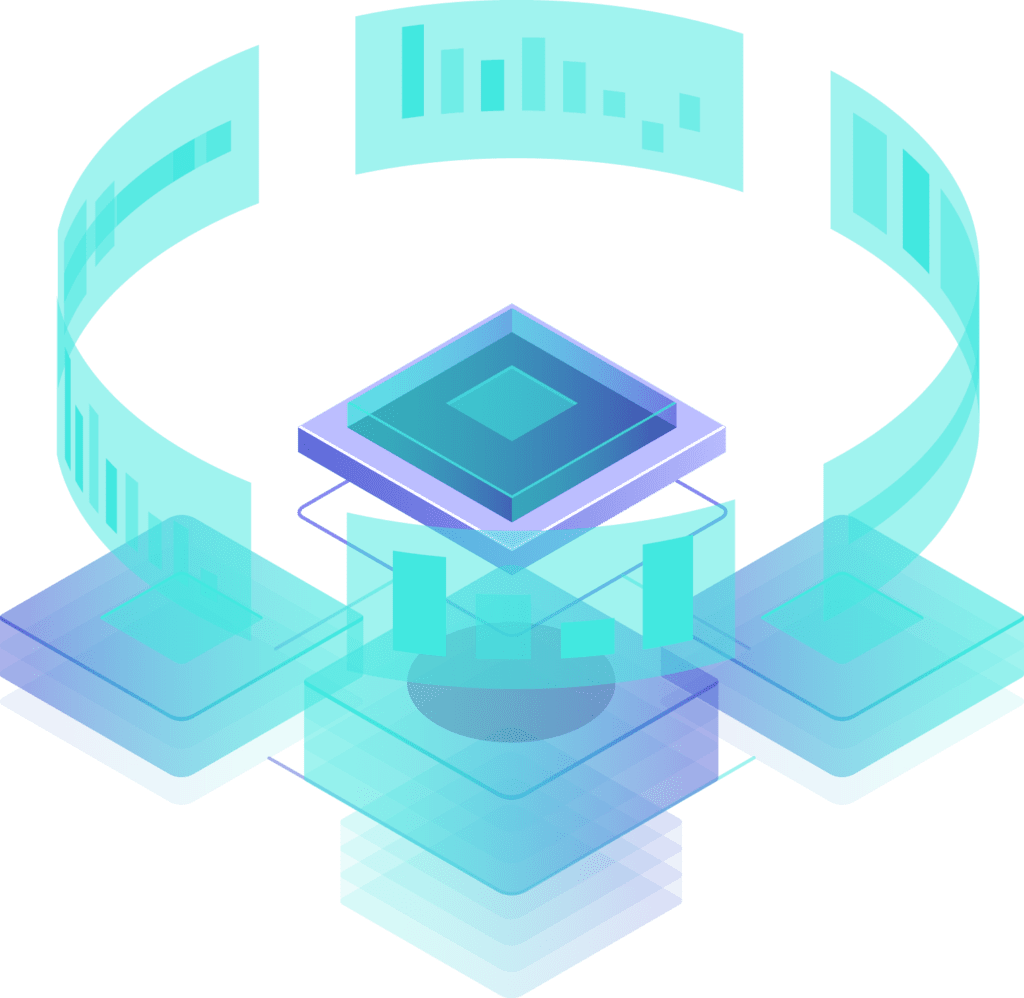Access to SQL Server Express (MSDE)
If you do not need to use your database across the Internet, it may be possible to save licensing costs using Microsoft SQL Server Express (also known as MSDE, the Microsoft SQL Server Desktop Engine, the Microsoft Data Engine, or the Microsoft Desktop Engine) and Practical Computer Applications (PCApps) can help.
SQL Server Express is a fully functional version of Microsoft SQL Server, with licensing restrictions and a few performance limitations imposed by the operating system. For example, SQL Server Express data cannot be exposed to the Internet. That makes it most useful for LANs or standalone on laptops and PCs. With appropriate licensing, you can even create a distributed database MSDE application.
SQL Server Express also has a built-in “performance governor” that limits the number of simultaneous end users to 8 concurrent (active) sessions. SQL Server Express is also slightly more difficult than full SQL Server when developing custom business applications, installing and configuring. If supporting a dozen or more end users over the Internet is a requirement, then MS SQL Server (not Express) is the right choice.
We can help you decide whether MS Access, MS SQL Server Express, and MS SQL Server is the best suited to your business needs based on the following issues:
- Mission Criticality of the Business Application
- Location and End Users (LAN vs. Internet)
- Frequency of Use (Moderate vs. Heavy)
- Number of End Users (5 users vs. Enterprise-wide deployment)
- Business Product / Process Complexity (and associated Database Complexity)
- Static vs. Dynamic Content (Read vs. Read-Write)
- Audit-ability, Industry Compliance (e.g. SarbOx, HIPPA)
Boger Construction
Boger Construction is a Boston-based general contracting construction firm.
PCApps designed and developed a complete Construction Project Management solution that includes time and material tracking, work orders and purchase order management. The system was designed and built to converge of a number of discrete and disconnected legacy system capabilities.












